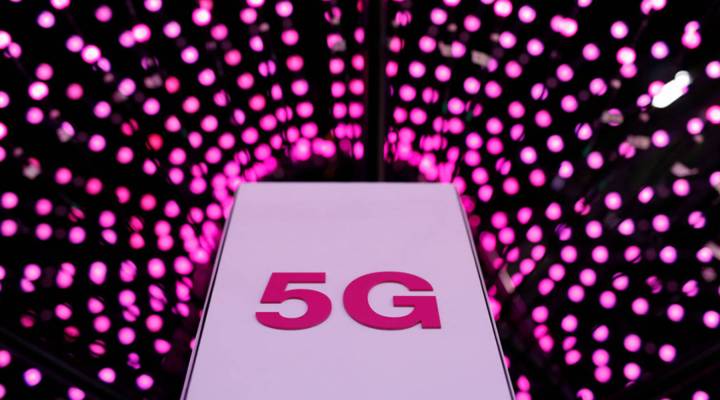
T-Mobile-Sprint merger depends on promise to bring 5G to rural America
T-Mobile-Sprint merger depends on promise to bring 5G to rural America

With speeds up to a hundred times faster than current wireless service, 5G networks have the potential to revolutionize how we use technology: Autonomous vehicles that talk to each other, drone farming or remote control medical procedures.
“Just imagine heart surgery from a distance,” said Brookings Institution fellow Nicol Turner-Lee.
Such advances could be particularly beneficial to rural communities, she said, where jobs and population have been dwindling.
“We’ve got to do something to break the chain of social isolation and find ways to import services, whether they’re in health care or education,” said Turner-Lee.
According to the Federal Communications Commission, more than 30% of rural residents don’t have fixed broadband and about 14 million don’t even have 4G LTE on their phones. The conditions that led to this digital divide will also make 5G a challenge, says Sharon Strover, a communications professor at University of Texas, Austin.
“You need to deploy more technology and that’s costly and it takes time,” she said.
T-Mobile and Sprint promised to build 5G networks for 85% of rural areas in three years, and 90% of rural areas in six years. Just like other wireless systems, that requires miles of fiber optics and a network of antennas, but likely more of them closer together.
“Without a large customer base it becomes cost prohibitive,” said Strover.
Companies would then have to charge extremely high rates to cover their costs in rural areas according to Dan Hays, a telecommunications advisor at PwC U.S.
“It’s a lot of investment in a market where most people are interested in paying less not more for their wireless service,” he said.
The FCC chairman warned of serious consequences if the companies fail to deliver on their commitments.
There’s a lot happening in the world. Through it all, Marketplace is here for you.
You rely on Marketplace to break down the world’s events and tell you how it affects you in a fact-based, approachable way. We rely on your financial support to keep making that possible.
Your donation today powers the independent journalism that you rely on. For just $5/month, you can help sustain Marketplace so we can keep reporting on the things that matter to you.

















